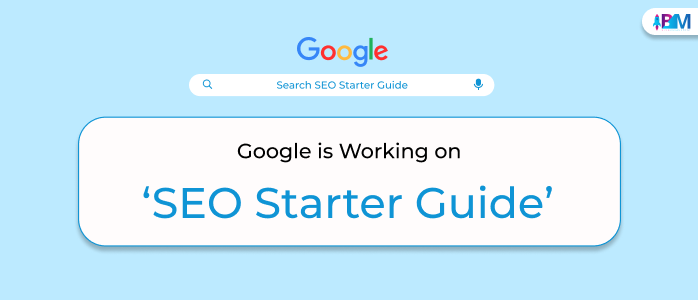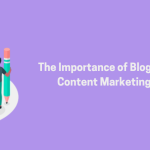Table Of Content
We are tired of saying this on different platforms – SEO Isn’t Dead; It’s evolving.
Lately, we have got further evidence to support that claim.
HOW?
Google is currently working on its SEO starter Guide.
The move, announced by John Muller, isn’t just an update – it’s a recognition of the insatiable curiosity and constant influx of newcomers.
It’s clear from Muller’s message: a grasp of the basics can significantly boost your page rank.
But what does this revamp signify for the SEO community and website owners? Is this an indication of a deeper transformation within the SEO community? Or is it merely a routine refresh?
The New Guide Will Contain Fewer Words
The shift towards a more concise guide, as revealed by Lizzi Sassman on the Search Off The Record podcast, is a telling sign.
“Yes, at least more than half. So I think the current word count is around 8000… 4, 500. And our current draft that we have right now is around the 3000 mark.
So we did cut out at least half because there’s a lot of duplication where we’re explaining what is the title and the best practices for improving titles and descriptions where we have like full-on guide that we’ve now improved since the SEO Starter Guide was initially written.
So it was like a one-stop shop, but now we have more extensive things on all of these topics. So I think part of it is like, why do we need to have it in two places?”
By cutting down the guide from 8,500 words to a streamlined 3,000, Google is not just eliminating redundancy; it’s honing in on efficiency and relevance. This raises a pivotal question: have we been too fixated on quantity over quality in our quest to optimize?
This observation opens a broader debate: how does the balance between content volume and content relevancy play out in the grand SEO algorithm?
While word count might not be a direct ranking factor.
However, the presence or absence of certain keywords can change your SEO performance.
As SEO professionals, we’re constantly navigating the delicate balance between providing comprehensive content and maintaining relevance.
Are we diluting the potency of our content in the pursuit of length? Or are we striking the right balance between depth and accessibility?
The new SEO Starter Guide isn’t just a resource; it reflects a broader shift in the SEO paradigm.
Correlation Between HTML Structure And Search Rankings
Using proper headlines falls under the best practices of SEO. And the team agreed to this.
But they are not as effective as you might think.
“Using headings and a good title element and having paragraphs, yeah, sure. It’s all great. But other than that, it’s futile to think about how the page… or how the HTML is structured,”
Domain Names Affect SEO?
Their recommendation was to prioritize branding over keywords when selecting a domain name. Rather than optimizing domain names for search engines, they believed establishing a memorable brand was more important.
In SEO strategies, brands are increasingly being considered when choosing domain names.
The Effectiveness Of Meta Tags?
They haven’t paid much heed to meta description as they think it has little to no influence on search rankings.
John added,
“oh, you don’t need to use meta tags because they have no effect. And people are like, why is Google telling us not to use these meta keywords?”
This is why they are not considering meta descriptions included in this guide.
The New SEO Starter Guide Will Be More In-Depth In Addressing Specific Issues
John Muller has pointed out this. Because, after receiving feedback from the SEO community, many have expressed concerns about the comprehensiveness of the existing guide.
“Cool. Another thing I’ve heard from people about the SEO starter guide is that there’s not a lot of detail in it and it would help people to be like, very exact, like, can’t you make an exact HTML page that they can just copy and reuse that does all of the SEO correctly? Do you think that would make sense? Like some, like you should make your pages look exactly like this to be optimal for SEO.”
So, as we await the release of the new SEO Starter Guide, let’s ponder the broader implications.
Will this reshape our strategies?
How does this reflect the evolving relationship between search engines and content creators?
And most importantly, how can we harness this evolution to not just navigate but thrive in SEO?








